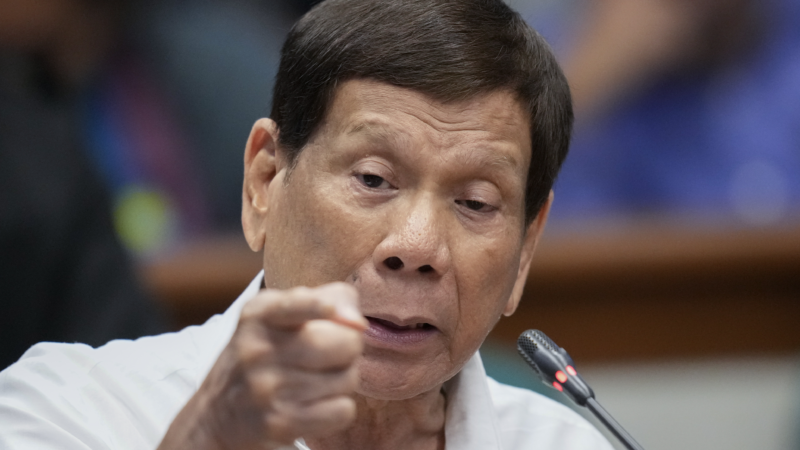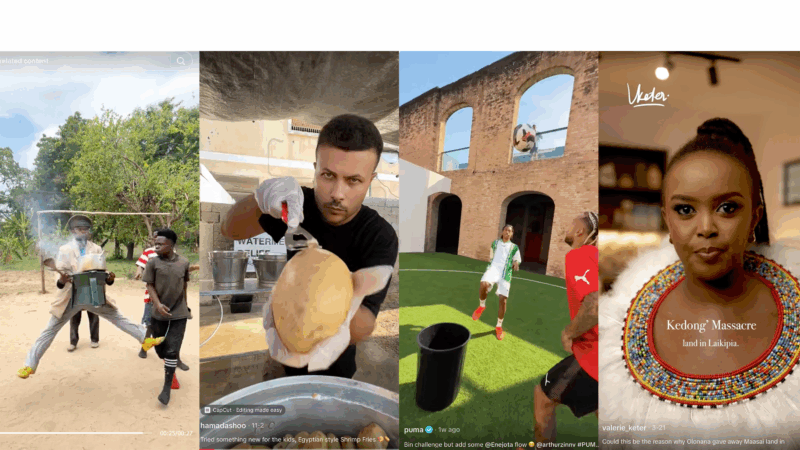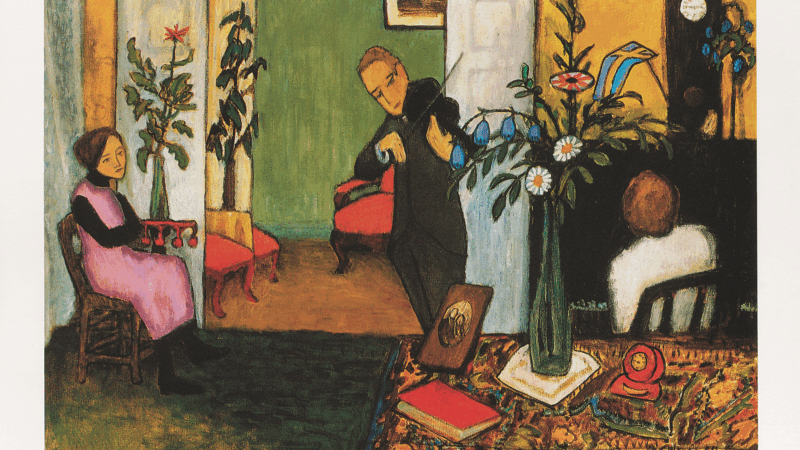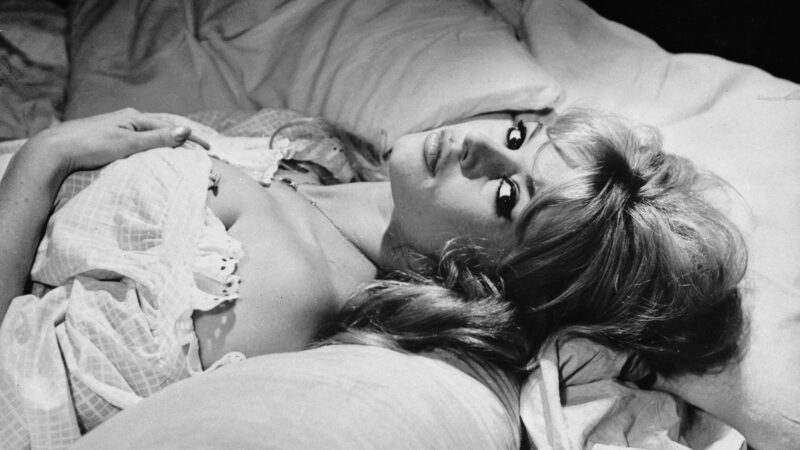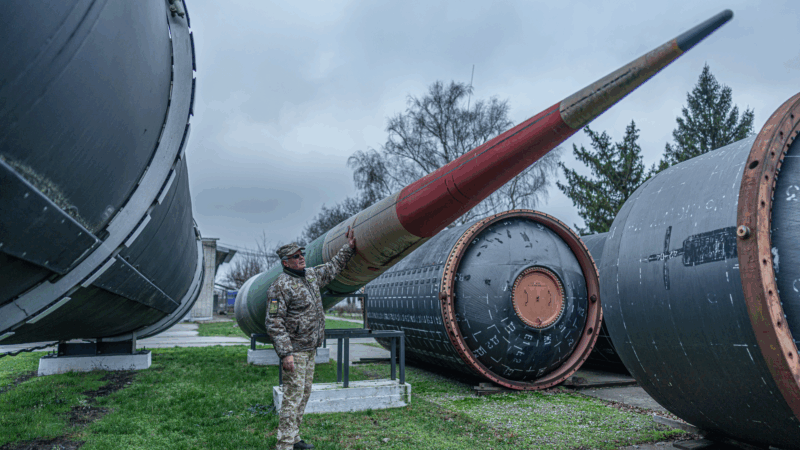Rodrigo Duterte is in custody in The Hague for crimes against humanity trial
Former Philippine President Rodrigo Duterte landed in the Netherlands Wednesday and was taken into custody at the International Criminal Court in The Hague, where he will face charges of crimes against humanity.
Duterte’s successor and political rival, current president Ferdinand Marcos Jr., announced Duterte’s arrest late Tuesday in the Philippine capital Manila. Duterte is accused of crimes against humanity, linked to multiple extrajudicial killings carried out during his time in office as he sought to stamp out the country’s drug trade — using often brutal tactics that the former president once celebrated.
Marcos — whose own father ran the country as an increasingly authoritarian leader from the mid-1960s to the mid-1980s — said that an arrest warrant from the ICC prompted an Interpol red notice, which in turn obliged Philippine police to arrest Duterte when he landed in Manila on a flight from Hong Kong.
“We followed the legal procedure that is necessary,” Marcos said at a press conference late Tuesday.
A Gulfstream aircraft carrying 79-year-old Duterte — who left office in 2022 — stopped for several hours in Dubai on the long journey from Manila, where he was arrested early Tuesday, and where supporters gathered to protest outside the airport prior to his departure.
Duterte will become the first former leader from Asia to face charges at the court in The Hague. His daughter, Sara Duterte, the country’s current vice president, described the arrest and flight to the Netherlands as a form of “state kidnapping” carried out for political purposes, in response to questions from local journalists.
But local advocacy groups who long criticized his tenure and tactics celebrated the move. “We relish the victory of his arrest today,” said the National Union of Peoples’ Lawyers, which represents victims of state-sponsored violence and their families. “It shows how international law can be used to hold state officials accountable even when they occupy posts and perform functions that do not bring them in direct contact with the underlying acts.”
According to Amnesty International, Duterte’s violent crackdowns left up to 30,000 people dead during his presidency and earlier as the mayor of Davao City.
A lawyer himself, Duterte previously said he would prefer to face trial inside the Philippines, before a local judge, local prosecutor and under local laws, but would also not seek protection in a third country to avoid any warrant issued by the ICC.
Duterte’s supporters have already filed three petitions to the Philippine Supreme Court that demands he be returned to Manila, on behalf of his other daughter, Veronica Duterte, and his son, current Davao City Mayor Baste Duterte. The petitions argue that since the Philippines withdrew from the treaty that empowers the ICC, it should no longer have jurisdiction.
The ICC prosecutor argues that since the incidents he and his team have investigated for Duterte’s prosecution occurred before 2019, the court still has jurisdiction over the alleged crimes.
But Philippine President Marcos said the country’s prosecutors and police had no choice but to honor the ICC warrant, otherwise they risked losing international law enforcement cooperation in the future. He also insisted that the ICC’s investigation had not involved any cooperation from Philippine law enforcement.
The ICC prosecution, led by chief prosecutor Karim Khan, says there are reasonable grounds to believe that security forces under Duterte’s control and instructions killed dozens of people labeled as criminals or drug dealers, many of them in and around Davao City, which Duterte governed for more than two decades. The ICC began its investigation in 2021, and initially focused on the period between 2011 and 2019. Duterte became president in 2016.
Duterte’s first appearance in the court will be scheduled now that he has arrived in the Netherlands, the ICC said.
Russia sends 3 Iranian satellites into orbit, report says
The report said that a Russian rocket sent the satellites on Sunday from a launchpad in eastern Russia.
Viral global TikToks: A twist on soccer, Tanzania’s Charlie Chaplin, hope in Gaza
TikToks are everywhere (well, except countries like Australia and India, where they've been banned.) We talk to the creators of some of the year's most popular reels from the Global South.
This painting is missing. Do you have it?
An important work from a rediscovered artist has been absent from public view since the 1970s. A New York curator is hunting for it.
Memory loss: As AI gobbles up chips, prices for devices may rise
Demand for memory chips currently exceeds supply and there's very little chance of that changing any time soon. More chips for AI means less available for other products such as computers and phones and that could drive up those prices too.
Brigitte Bardot, sex goddess of cinema, has died
Legendary screen siren and animal rights activist Brigitte Bardot has died at age 91. The alluring former model starred in numerous movies, often playing the highly sexualized love interest.
For Ukrainians, a nuclear missile museum is a bitter reminder of what the country gave up
The Museum of Strategic Missile Forces tells the story of how Ukraine dismantled its nuclear weapons arsenal after independence in 1991. Today many Ukrainians believe that decision to give up nukes was a mistake.

